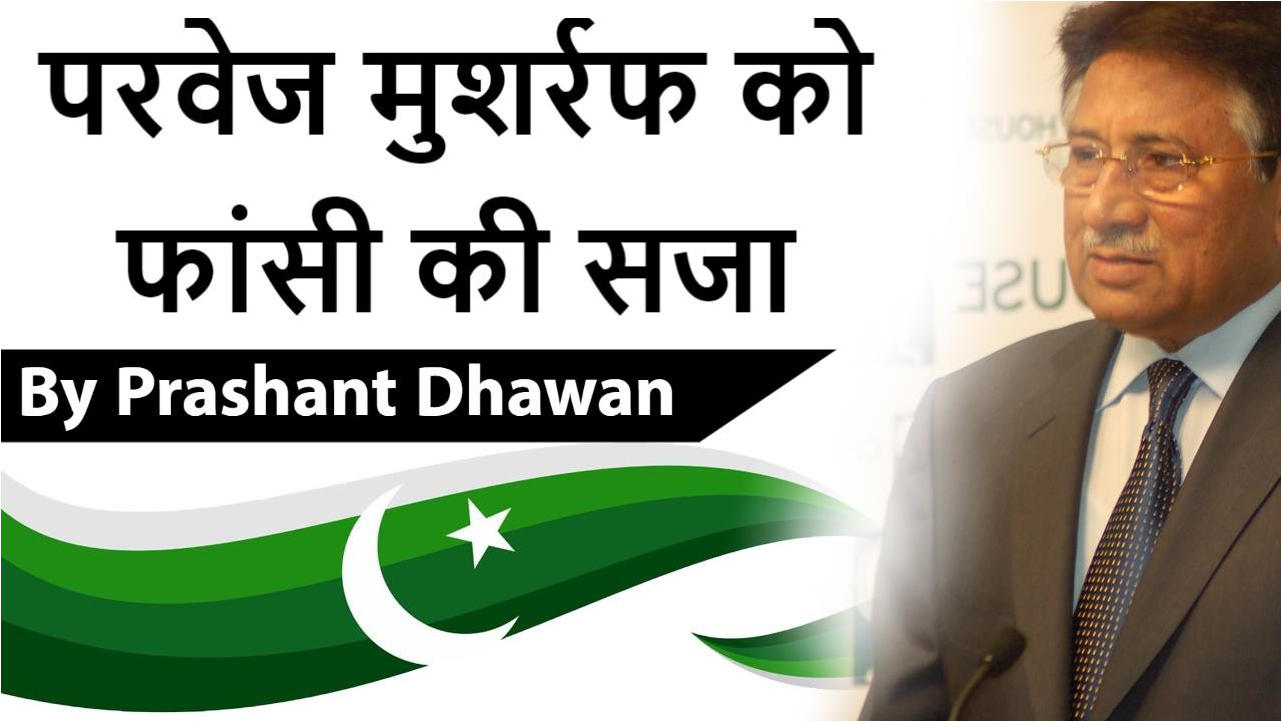Table of Contents
SHE WAS THE FIRST WOMAN TO HEAD A DEMOCRATIC GOVERNMENT IN A MUSLIM MAJORITY NATION.
INDIA PAKISTAN WARS
- 1965 war – Ayub Khan (general) a Pakistani General and the second President of Pakistan who forcibly assumed the presidency from the first president Iskander Mirza through coup in 1958
- 1971 war – Yahya Khan, was a Pakistani General who served as the third President of Pakistan.Yahya Khan enforced martial law by suspending the constitution.
- Kargil War
- It is now well documented that the war was started without informing the then Prime Minister Nawaz Sharif
- Later on in the game year (1999) Parvez Musharaf removed Nawaz Sharif as Prime Minister in a coup
THE REASONS BEHIND THIS
- The Pakistan military establishment has held power in the country for a very long time now, which has resulted in their monopoly in a lot of businesses within Pakistan, making the military a profit making machine
- In order to win public support they have often waged war against India

HISTORIC JUDGEMENT
- A three-member bench of the special court, headed by Peshawar High Court Chief Justice Waqar Ahmad Seth, handed Musharraf, 76, death sentence in the long-drawn high treason case against him for suspending the Constitution and imposing emergency rule in 2007, a punishable offence for which he was indicted in 2014.
- The special court’s order came despite an earlier Islamabad High Court (IHC) order stopping it from issuing the verdict.
HIGH TREASON
- High treason.—1[(1) Any person who abrogates or subverts or suspends or holds in abeyance, or attempts or conspires to abrogate or subvert or suspend or hold in abeyance, the Constitution by use of force or show of force or by any other unconstitutional means shall be guilty of high treason.]
- Article 6 of the constitution.
WHAT MUSHARAF DID
- A state of emergency was declared by President of Pakistan Pervez Musharraf on 3 November 2007 and lasted until the 15 December 2007 during which the constitution of Pakistan was suspended.
- When the state of emergency was declared, Musharraf controversially held both positions of President and Chief of Army Staff.
- Chief Justice Iftikhar Muhammad Chaudhry reacted promptly to the emergency declaration, convening a seven-member bench which issued an interim order against this action. He also directed the armed forces of Pakistan not to obey any illegal orders.
- Subsequently, the 111th brigade of the Pakistan army entered the supreme court building and removed Chaudhry and several other judges from the supreme court and arrested them.
WHY DID MUSHARAF DO THIS?
- General Musharraf said he decided to act in response to a rise in extremism and what he called the paralysis of government by judicial interference.
- “I fear that if timely action is not taken, then God forbid there is a threat to Pakistan’s sovereignty,” he said in a midnight televised address, after purging the Supreme Court and rounding up lawyers opposed to him.
- “I cannot allow this country to commit suicide.”
- Because of US pressure Pakistan had started action against Pakistan Taliban.
- As the Pak military took more steps the Pakistan Taliban responded with a string of terror attacks
SIEGE OF LAL MASJID
- A confrontation in July 2007 between Islamic fundamentalists and the Government of Pakistan, led by President Pervez Musharraf and Prime Minister Shaukat Aziz.
- The focal points of the operation were the Lal Masjid (“Red Mosque”) and the Jamia Hafsa madrasah complex in Islamabad, Pakistan.

FALL FROM POWER
- November 28, 2007: Musharraf retires from the military handing over the Army charge to Gen Ashfaq Parvez Kayani. On November 29, Musharraf takes oath as a civilian president.
- December 15, 2007:The emergency is lifted and the Provisional Constitutional Order (PCO) is revoked and seeks constitutional amendments to validate the actions taken during the 42-day-long emergency period.
- August 18, 2008: President Musharraf resigns from office after nine years in power.
BACKLASH
- March 2013: Musharraf returns to contest general elections. A senior counsel refers to SC’s ruling on Musharraf’s actions during the imposition of emergency arguing that in overthrowing the constitution, Musharraf had committed the offence of high treason.
- June 2013:The government hurriedly files a petition to try Musharraf for treason under Article 6 of the constitution. It further sets up a special investigation team to probe the charges against the former president.
- November 2013: Pakistan’s Supreme Court orders the formation of a three-judge special court to prosecute former military ruler Pervez Musharraf.
CONCLUSION
- What has happened in Pakistan is a welcome step and will be remembered as a historic decision to curb the military influence in Pakistan.


























 WhatsApp
WhatsApp